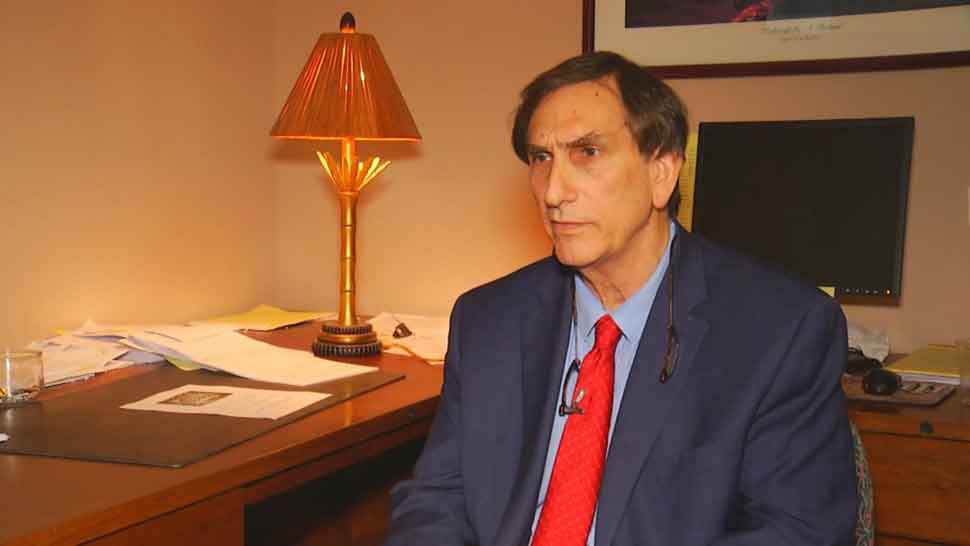TAMPA, Fla. — A Tampa attorney, Michael Steinberg, is among those filing suit to challenge a new law signed by Governor DeSantis on Friday that adds additional conditions for felons to have their voting rights restored after completing their sentences.
- PREVIOUS: 5 Things to Know: Implementation Law for Felon Voting Rights Amendment
- Steinberg says his client is now disabled, unlikely will be able to pay fines he owes
- Case will be heard in U.S. District Court in Tallahassee
The new law, which went into effect July 1, was pass by the Republican-controlled legislature to formalize the implementation of Amendment 4, which was passed by voters in November.
It requires Florida residents with felony records to pay all financial penalties connected to their sentence before they can have their voting rights restored.
Steinberg said his client is now disabled and can't pay off the more than $50,000 he owes in fines and fees.
"I feel they deserve the right to vote," Steinberg said. "They've done their time, they've paid their debt to society. They're entitled to have a say-so in how our government is run."
He argues once a person has done their time or been released from parole or probation, the sentence is complete.
Steinberg said any financial obligations left are a civil matter and should not prevent someone from being able to vote.
"I'm particularly concerned about the disabled people and the elderly people who are living on a fixed income," he said. "There's no way they're going to be able to make restitution."
This lawsuit is one of several that have been filed challenging the new law.
Each case is slightly different in its argument, but they all make the same basic claim: that the law is unconstitutional and will disenfranchise certain groups of people.
Gov. DeSantis and some Republican lawmakers have said that the new law is necessary to clarify the ballot amendment.
U.S. District Judge Mark Walker has combined the complaint filed by Steinberg with two others in Federal District Court.
"I look forward to working together with the attorneys representing the other plaintiffs, as we seek the same relief for our clients, who were looking forward to voting in next year's presidential election in 2020," Steinberg said.



